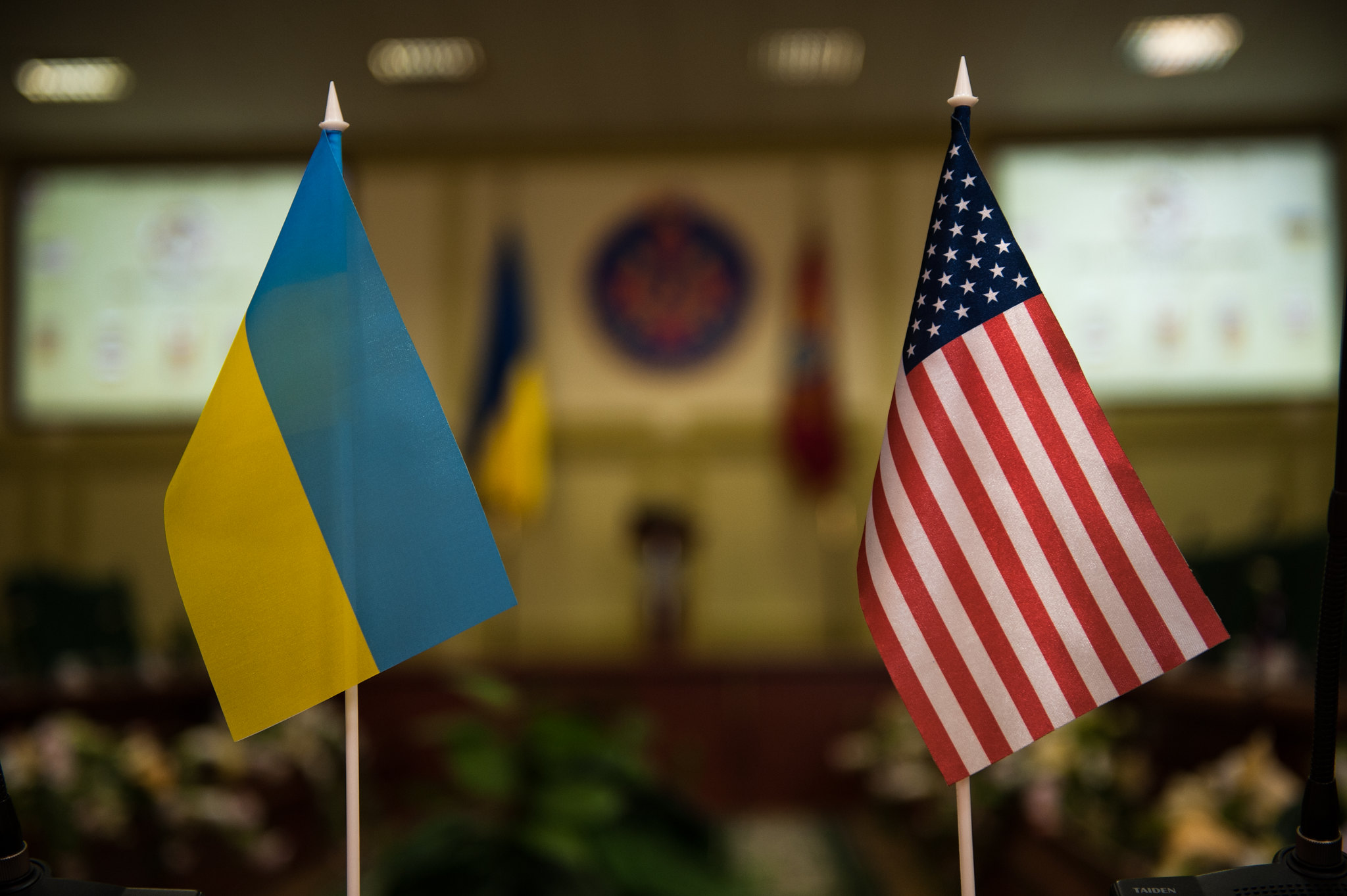The Debate About the Extraterritorial Scope of the Torture Convention’s Provisions on Cruelty is (Almost Certainly) Not About USG Interrogation Policy
A week ago Charlie Savage reported that the Obama administration “is considering reaffirming the Bush administration’s position that the [Convention Against Torture(CAT)] imposes no legal obligation on the United States to bar cruelty outside its borders.” The provision of the Torture Convention in question is Article 16, which provides: “Each State Party shall undertake to prevent in any territory under its juri
A week ago Charlie Savage reported that the Obama administration “is considering reaffirming the Bush administration’s position that the [Convention Against Torture(CAT)] imposes no legal obligation on the United States to bar cruelty outside its borders.” The provision of the Torture Convention in question is Article 16, which provides: “Each State Party shall undertake to prevent in any territory under its jurisdiction other acts of cruel, inhuman or degrading treatment [CIDT] or punishment which do not amount to torture …” I believe the debate is about the meaning of the term “territory under its jurisdiction,” and whether that term includes any situation in which the United States government abroad has “effective control” of an individual, or rather is limited to situations where the United States exercises some deeper form of territorial power, such as occupation or sovereignty. Setting aside the right answer on the merits of the interpretation of the treaty (here is Harold Koh’s long memo on the subject), I think it is worth getting clear about what is at stake in this debate about the extraterritorial scope of the obligation to prevent cruelty.
I seriously doubt that aggressive interrogations by the USG are at stake. I draw this conclusion for three reasons. First, in light of the ugly and still-harmful history of the United States’ aggressive interrogation policy, and the Obama administration’s commitments to not returning to this policy, I simply cannot imagine the Obama administration hedging on an extraterritorial interpretation of Article 16 in order to preserve the possibility of more aggressive interrogations by the United States. Indeed, it’s hard to imagine any agency invoking the need for the USG to engage in harsh interrogations in interagency discussions. Second, even if it wanted to, the Obama administration could not return the United States to an aggressive interrogation policy abroad that included acts of cruel, inhuman or degrading treatment because Congress has expressly banned such practices in the Detainee Treatment Act of 2005 (DTA):
(a) No individual in the custody or under the physical control of the United States Government, regardless of nationality or physical location, shall be subject to cruel, inhuman, or degrading treatment or punishment. (b) Construction. Nothing in this section shall be construed to impose any geographical limitation on the applicability of the prohibition against cruel, inhuman, or degrading treatment or punishment under this section.As David Luban correctly notes, “the DTA prohibit CIDT by the United States everywhere on the planet, it prohibits loophole lawyering to evade the ban. Its second clause is, almost in so many words, an anti-loopholing prohibition. So, regardless of how CAT’s CIDT prohibition is interpreted, prisoner abuse remains prohibited by U.S. law.” Third, Charlie Savage, who wrote the story that got this controversy going, tweeted in response to Luban’s post: “Re CAT: doubt operational impacts=interrogations bc DTA/EO. Other treaties w/ similar applicability? Confinement conditions?” I also do not think the debate is about lawsuit concerns – at home or abroad – related to aggressive interrogations. Regardless of the interpretation of the treaty, there is no domestic cause of action in this context. And I do not see how the United States’ interpretation of the treaty would affect proceedings in a foreign or international court. So what is at stake if not USG interrogations? Savage speculates: “Confinement conditions.” The USG might be concerned about the legality of its non-interrogation detention practices in Parwan and GTMO, or about controversial non-interrogation practices such as force-feeding. But I doubt it. Any confinement practices deemed to be CIDT would be banned by the statute in any event. Savage also speculates: “Other treaties w/ similar applicability?” Here we get to the heart of the matter, I think. Many other treaties besides the Torture Convention include the phrase “territory under its jurisdiction” or a similar phrase. If the United States interprets this phrase to have broad extraterritorial reach in the Torture Convention, it might be committing itself to similar constructions in most if not all of those other contexts. For example, the debate about the extraterritorial scope of the International Covenant on Civil and Political Rights turns in part on the meaning of this sentence: “Each State Party to the present Covenant undertakes to respect and to ensure to all individuals within its territory and subject to its jurisdiction the rights recognized in the present Covenant ….” Moreover, there are scores of other treaties, including some very consequential ones having little if anything to do with human rights, that contain similar language (though often these treaties specify scope in terms of jurisdiction or control). I have collected some of these treaties in an Addendum below. I am not saying that these and other treaties would definitely be affected by adoption of the broad reading of Article 16 of the CAT. But the matter would have to be thought through carefully. And I expect that many in the USG are worried about the manifold and potentially problematic and unforeseen implications for these treaties. I think this is probably the main point at stake in this debate. Two other matters are also potentially relevant to this debate that are not suggested in Savage’s tweet. First, there is an important difference between the USG obligation under the Detainee Treatment Act and its relevant obligation under the Torture Convention. The DTA says that no individual “in the custody or under the physical control” of the USG shall be subject to CIDT. Article 16 of the CAT has a potentially broader obligation that goes beyond a prohibition on USG acts and imposes an affirmative duty to “undertake to prevent in any territory under its jurisdiction” acts of CIDT. Perhaps the United States worries that if “territory under its control” is construed too broadly, it will have a duty to prevent non-USG persons from engaging in CIDT. I do not imagine that the USG has any policies of purposeful winking and nodding while non-USG officials engage in CIDT in territory under its jurisdiction, for such winking and nodding would almost certainly constitute conspiracy or aiding a CIDT violation. But a broadly extraterritorial Article 16 might impose a yet larger obligation, to affirmatively seek out and root out CIDT within a territory under its jurisdiction, and maybe that is a worry to some people USG quarters. Second, a standard argument in this context in the government would be something like the following: Who knows what the vaguely worded prohibition on CIDT might be construed to entail down the road? If the treaty is best read not extend the obligation to have broad extraterritorial reach, the argument goes, it would be imprudent for the USG to so extend it because the implications of doing so are unknown and unknowable. In sum, I do not think the debate about the extraterritorial scope of Article 16 is about maintaining space for the USG to possibly engage in interrogation practices that constitute CIDT. However, for those advocating such an extension for other reasons, including symbolic ones (which are not unimportant), tying the issue to interrogation is an effective strategy precisely because no one wants to return to those days or even be associated with possibly doing so.
Addendum
Select U.S. treaties with term “territory under its jurisdiction,” or a similar phrase Chemical Weapons Convention Art. I (2) provides: “Each State Party undertakes to destroy chemical weapons it owns or possesses, or that are located in any place under its jurisdiction or control, in accordance with the provisions of this Convention.” (Similar language throughout, e.g., Art II (8)(a)(i)(2); Art. III (1)(a)(ii)). Biological Weapons Convention Art. IV provides: “Each State Party to this Convention shall, in accordance with its constitutional processes, take any necessary measures to prohibit and prevent the development, production, stockpiling, acquisition, or retention of the agents, toxins, weapons, equipment and means of delivery specified in article I of the Convention, within the territory of such State, under its jurisdiction or under its control anywhere.” Atmospheric Test Ban Treaty Art I (1) provides: “Each of the Parties to this Treaty undertakes to prohibit, to prevent, and not to carry out any nuclear weapon test explosion, or any other nuclear explosion, at any place under its jurisdiction or control” Underground Test Ban Treaty “Each State Party undertakes not to carry out any nuclear weapon test explosion or any other nuclear explosion, and to prohibit and prevent any such nuclear explosion at any place under its jurisdiction or control." Comprehensive Test Ban Treaty Art. I (1) provides: “Each State Party undertakes not to carry out any nuclear weapon test explosion or any other nuclear explosion, and to prohibit and prevent any such nuclear explosion at any place under its jurisdiction or control.” Non-Proliferation Treaty Art. III (1) provides: “The safeguards required by this Article shall be applied on all source or special fissionable material in all peaceful nuclear activities within the territory of such State, under its jurisdiction, or carried out under its control anywhere.” Convention on the Prohibition of Military or Any Other Hostile Use of Environmental Modification Techniques Art. IV provides: “Each State Party to this Convention undertakes to take any measures it considers necessary in accordance with its constitutional processes to prohibit and prevent any activity in violation of the provisions of the Convention anywhere under its jurisdiction or control.” Important Treaties Not Yet Ratified by the USG But That Might Be Affected International Convention on the Elimination of All Forms of Racial Discrimination Art. 3 provides: “State parties particularly condemn racial segregation and apartheid and undertake to prevent, prohibit and eradicate all practices of this nature in territories under their jurisdiction.” Convention on the Rights of the Child Art. 2 provides: “States Parties shall respect and ensure the rights set forth in the present Convention to each child within their jurisdiction without discrimination of any kind . . . .” International Covenant on Economic, Social and Cultural Rights Art. 14 provides: “Each State Party to the present Covenant which, at the time of becoming a Party, has not been able to secure in its metropolitan territory or other territories under its jurisdiction compulsory primary education, free of charge, undertakes, within two years, to work out and adopt a detailed plan of action” Convention on the Prohibition of the Use, Stockpiling, Production and Transfer of Anti-Personnel Mines and on Their Destruction Art. 5 (1) provides: “Each State Party undertakes to destroy or ensure the destruction of all anti-personnel mines in mined areas under its jurisdiction or control, as soon as possible but not later than ten years after the entry into force of this Convention for that State Party.”
Jack Goldsmith is the Learned Hand Professor at Harvard Law School, co-founder of Lawfare, and a Non-Resident Senior Fellow at the American Enterprise Institute. Before coming to Harvard, Professor Goldsmith served as Assistant Attorney General, Office of Legal Counsel from 2003-2004, and Special Counsel to the Department of Defense from 2002-2003.


.jpg?sfvrsn=407c2736_6)


